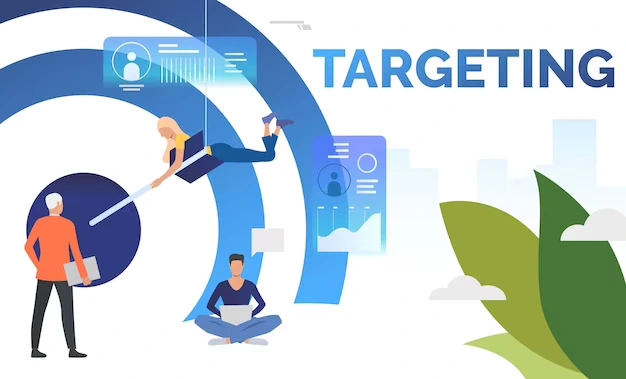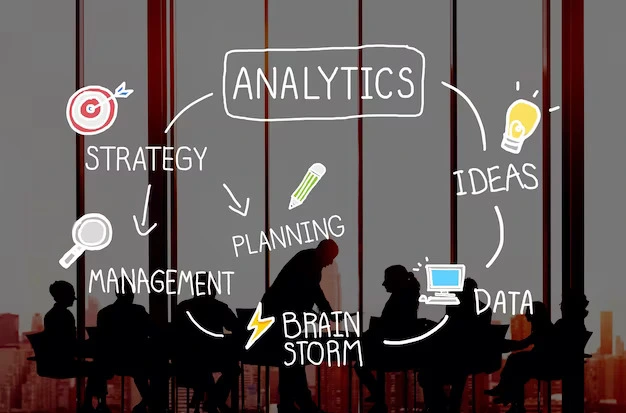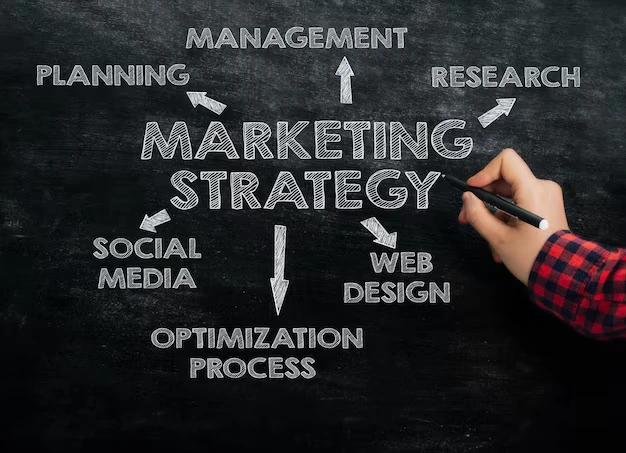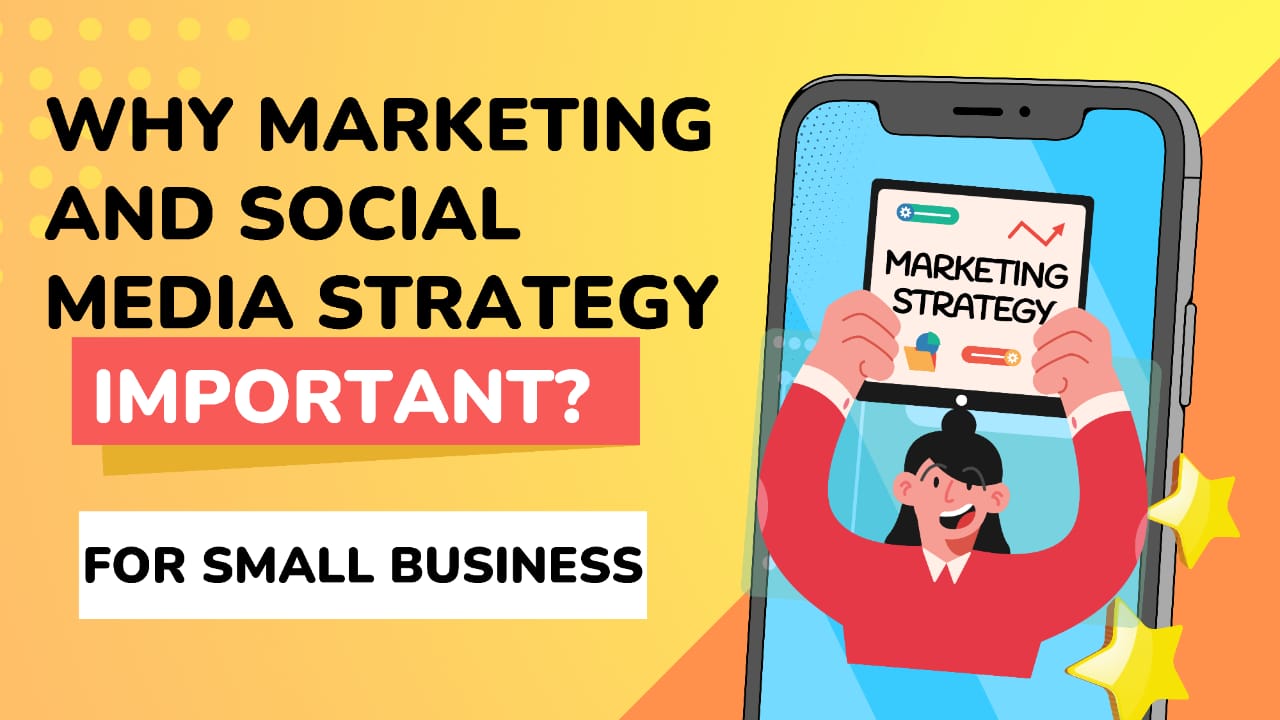Introduction
Defining Marketing and Social Media Strategy
Before we explore the importance, let’s clarify what we mean by marketing and social media strategy. Marketing encompasses the range of activities that a company engages in to promote the purchase, sale, and utilization of its products or services. On the other hand, social media strategy refers to the plan of action for utilizing social media platforms to achieve marketing goals.
Table of Contents
Importance of Marketing for Small Businesses
Building Brand Awareness

For small businesses, establishing brand awareness is often the first step towards success. Marketing allows them to showcase their products or services to potential customers, creating a memorable brand identity. This awareness is the foundation upon which customer loyalty is built.
Targeted Reach

Unlike traditional advertising, digital marketing enables small businesses to target specific demographics. This targeted approach ensures that marketing efforts reach those most likely to be interested in the products or services offered, maximizing the impact of the campaign.
Cost-Effective Advertising

One of the challenges small businesses face is limited resources. Marketing provides cost-effective alternatives, such as social media advertising and email campaigns, allowing them to compete on a digital platform without breaking the bank.
The Role of Social Media Strategy
Creating a Strong Online Presence

In today’s connected world, a robust online presence is non-negotiable. Social media platforms offer small businesses the opportunity to showcase their products, share their story, and interact directly with their audience, fostering a sense of connection and community.
Engaging with the Target Audience

Social media serves as more than just a broadcasting tool; it acts as a catalyst for initiating conversations. Through platforms like Facebook, Instagram, and Twitter, small businesses can engage in real-time conversations with their audience, gaining valuable insights and feedback.
Building Customer Relationships

Beyond the transactional aspect of business, social media allows small enterprises to build lasting relationships with their customers. Whether through timely responses to inquiries or sharing behind-the-scenes glimpses, these interactions contribute to brand loyalty.
Integrating Marketing and Social Media
Synergies Between the Two

While marketing and social media strategy are distinct, their integration can amplify results. Marketing efforts drive traffic to social media platforms, and engaging social media content directs users to the business website, creating a seamless customer journey.
Choosing the Right Platforms

Not all social media platforms are created equal. Understanding the target audience and their preferred platforms is crucial. A B2B business might find LinkedIn more effective, while a visually-oriented business could thrive on Instagram.
Read About:- Marketing and Social media strategy can grow your business, Learn how with 8 reasons
Crafting a Consistent Brand Message

Consistency is key in the world of branding. Integrating marketing and social media strategy involves ensuring that the brand message remains consistent across all channels, reinforcing the business’s identity in the minds of consumers.
Case Studies
Successful Small Businesses

Examining case studies of successful small businesses provides tangible evidence of the impact of effective marketing and social media strategy. From local cafes to niche online stores, these businesses have harnessed the power of digital presence to achieve remarkable growth.
Impact of Effective Marketing and Social Media Strategies

These case studies reveal not only the immediate benefits of increased visibility but also the long-term impact on brand loyalty and customer retention. Small businesses that invest wisely in marketing and social media reap rewards beyond their initial expectations.
Common Challenges
Budget Constraints

Small businesses often operate on tight budgets. Allocating resources to marketing endeavors can be a daunting task, but understanding the cost-effective nature of digital marketing can alleviate some of these financial constraints.
Time Management

Time is another precious commodity for small business owners. Balancing the demands of day-to-day operations with the need for consistent marketing efforts requires effective time management strategies.
Measuring Success

Determining the success of marketing campaigns can be challenging. Small businesses need to identify key performance indicators (KPIs) and leverage analytics tools to assess the impact of their marketing and social media initiatives.
Overcoming Challenges
Cost-Effective Tools and Resources

Fortunately, a plethora of cost-effective tools and resources exist to support small businesses in their marketing endeavors. From free social media scheduling tools to affordable graphic design platforms, these resources empower businesses to do more with less.
Time-Saving Strategies

Streamlining processes and employing time-saving strategies, such as batch content creation and scheduling, can help small businesses maintain a consistent online presence without sacrificing precious time that could be dedicated to core business functions.
Analytics and Key Performance Indicators (KPIs)

Understanding the metrics that matter is essential. Small businesses should embrace analytics tools to measure website traffic, social media engagement, and conversion rates, allowing for data-driven decision-making.
Future Trends
Evolving Social Media Platforms

The digital landscape is dynamic, with social media platforms evolving constantly. Staying abreast of emerging platforms and trends ensures that small businesses remain relevant and can adapt their strategies to meet the changing preferences of their audience.
Emerging Marketing Strategies

As technology advances, so do marketing strategies. From artificial intelligence-driven campaigns to immersive augmented reality experiences, small businesses should keep an eye on emerging trends to stay ahead of the competition.
Conclusion
In conclusion, the symbiotic relationship between marketing and social media strategy is the cornerstone of success for small businesses. From building brand awareness to fostering customer relationships, the digital realm offers unparalleled opportunities for growth. As small businesses navigate the dynamic landscape of digital marketing, the key lies in adaptation. Embracing new technologies, understanding the evolving preferences of the target audience, and persistently refining strategies will ensure a bright future for small businesses in the digital age.





